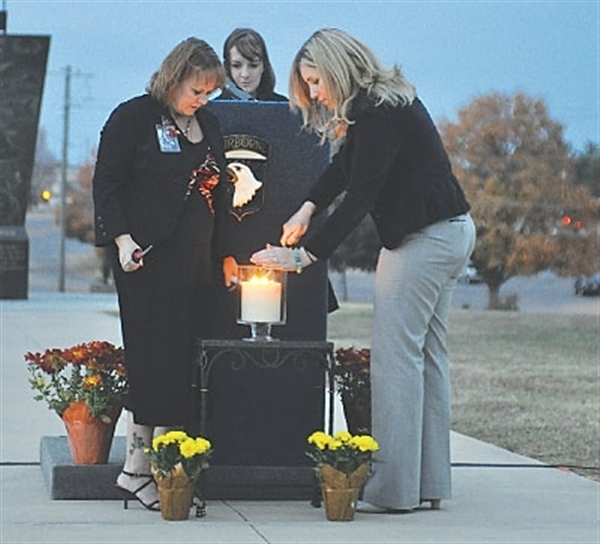WASHINGTON — The Defense Department supports yesterday’s federal appeals court decision to temporarily block a judge’s order that put an immediate end to the so-called “Don’t Ask, Don’t Tell” law that bans gay men and lesbians from serving openly in the military.
“For the reasons stated in the government’s submission, we believe a stay is appropriate,” Pentagon spokeswoman Cynthia Smith said of the 9th Circuit Court of Appeals decision. The three-judge panel yesterday issued a statement which noted that it allowed the “Don’t Ask, Don’t Tell” law to stand to provide more time to study the issues involved in its possible repeal. The court set an Oct. 25 deadline for both sides to submit legal documents for consideration.
The higher-court decision temporarily suspends U.S. District Judge Virginia Phillips’ Oct. 12 ruling that the law is unconstitutional. Phillips issued an injunction requiring the department “immediately to suspend and discontinue any investigation, or discharge, separation or other proceeding that may have commenced under the ‘Don’t Ask, Don’t Tell’ Act or its implementing regulations.”
In its appeal, the Justice Department asked that the law be reinstated, at least until a study of the impact of repealing it is completed.
The Defense Department wants a deliberative, long-range look at any changes in the law, Pentagon spokesman Marine Corps Col. David Lapan reiterated earlier this week. Defense Secretary Robert M. Gates set up a working group to examine the ramifications of a possible repeal of the law. The group is scheduled to submit its report Dec. 1.
“The review that is going on would look at all the far-ranging impacts of what changing the law would mean,” Lapan said.
A long-range plan for changing the law would include a period of transition to conduct training to ensure that everyone was informed about new policies and procedures, he said.
In response to Phillips’ ruling, Pentagon officials had instructed recruiters to begin processing paperwork for openly gay men or lesbians to apply to serve in the military. But citing uncertainty over final disposition of the matter in the courts and on Capitol Hill, Smith warned at the time that potential applicants needed to be aware that the situation could change, as it has with yesterday’s appellate court decision.
Source:
U.S. Department of Defense
Office of the Assistant Secretary of Defense (Public Affairs)

 von
von 